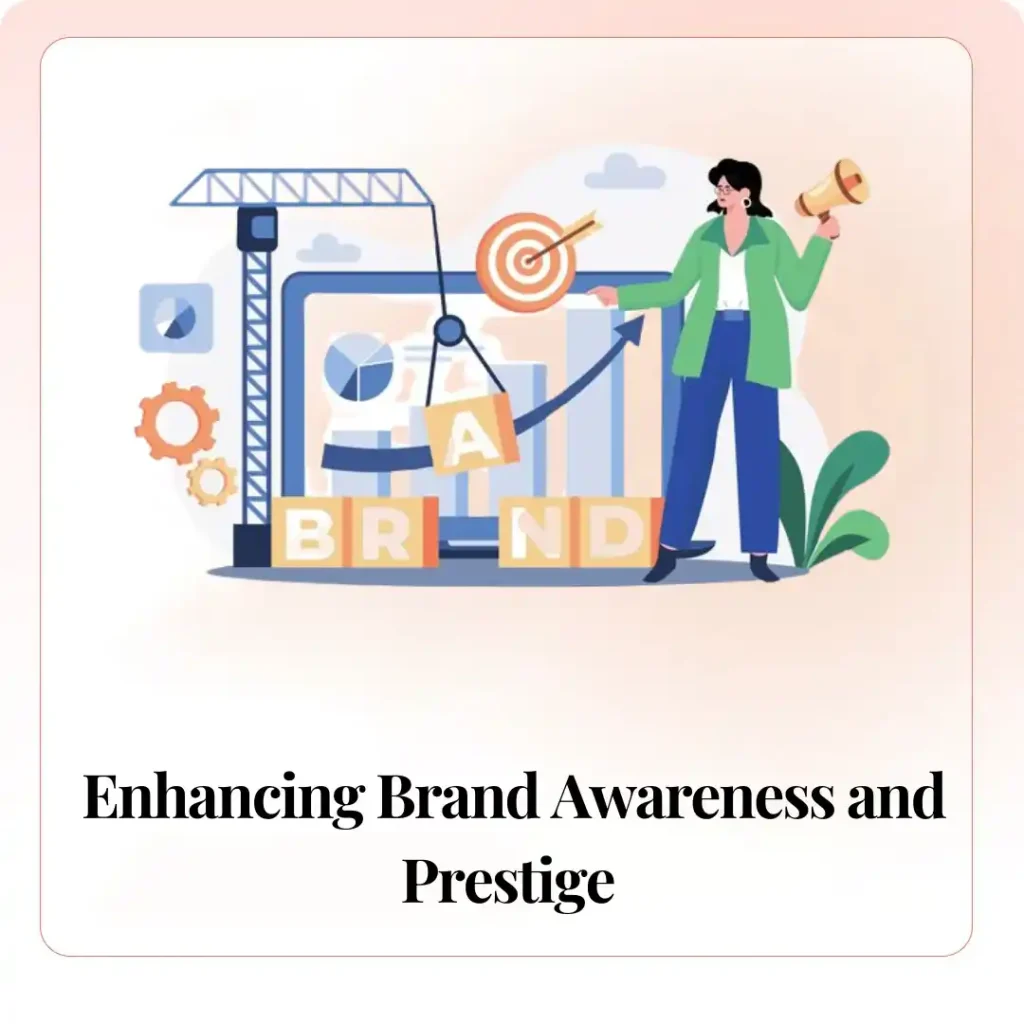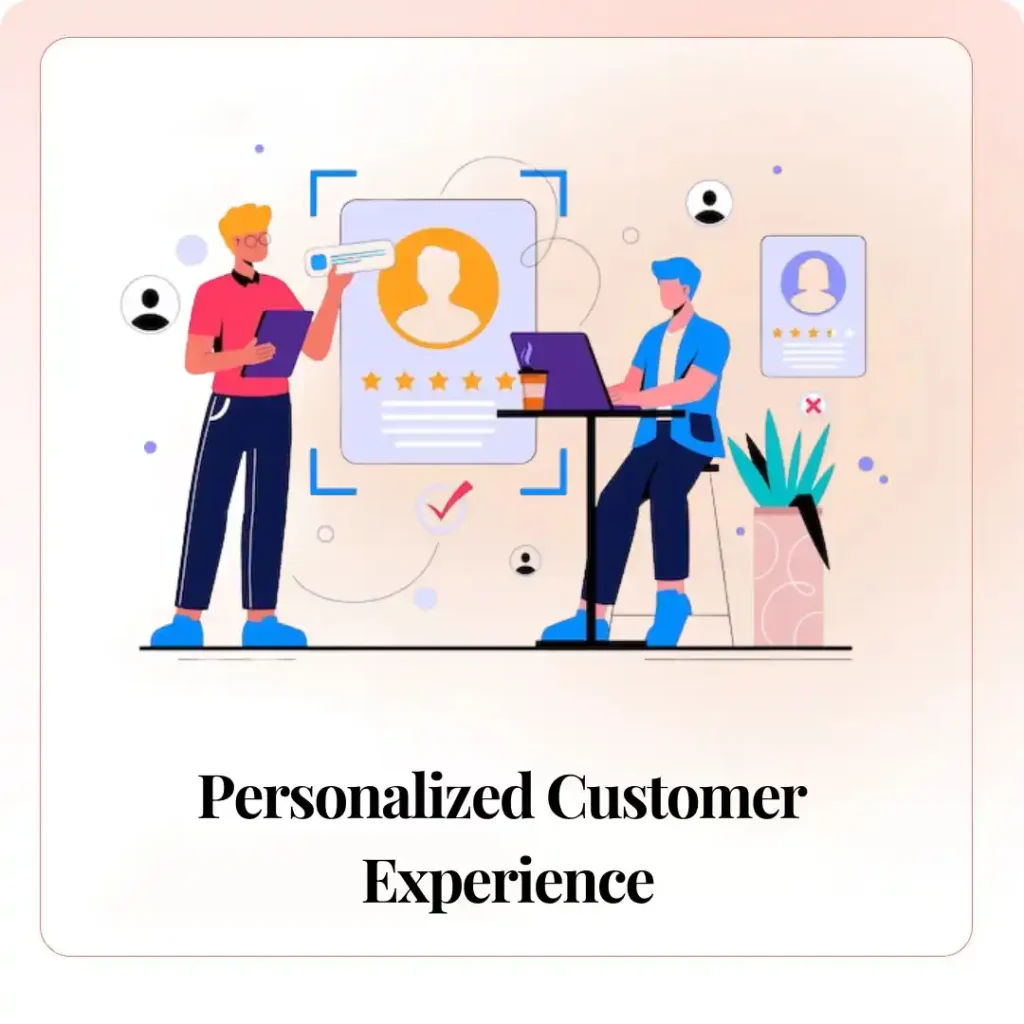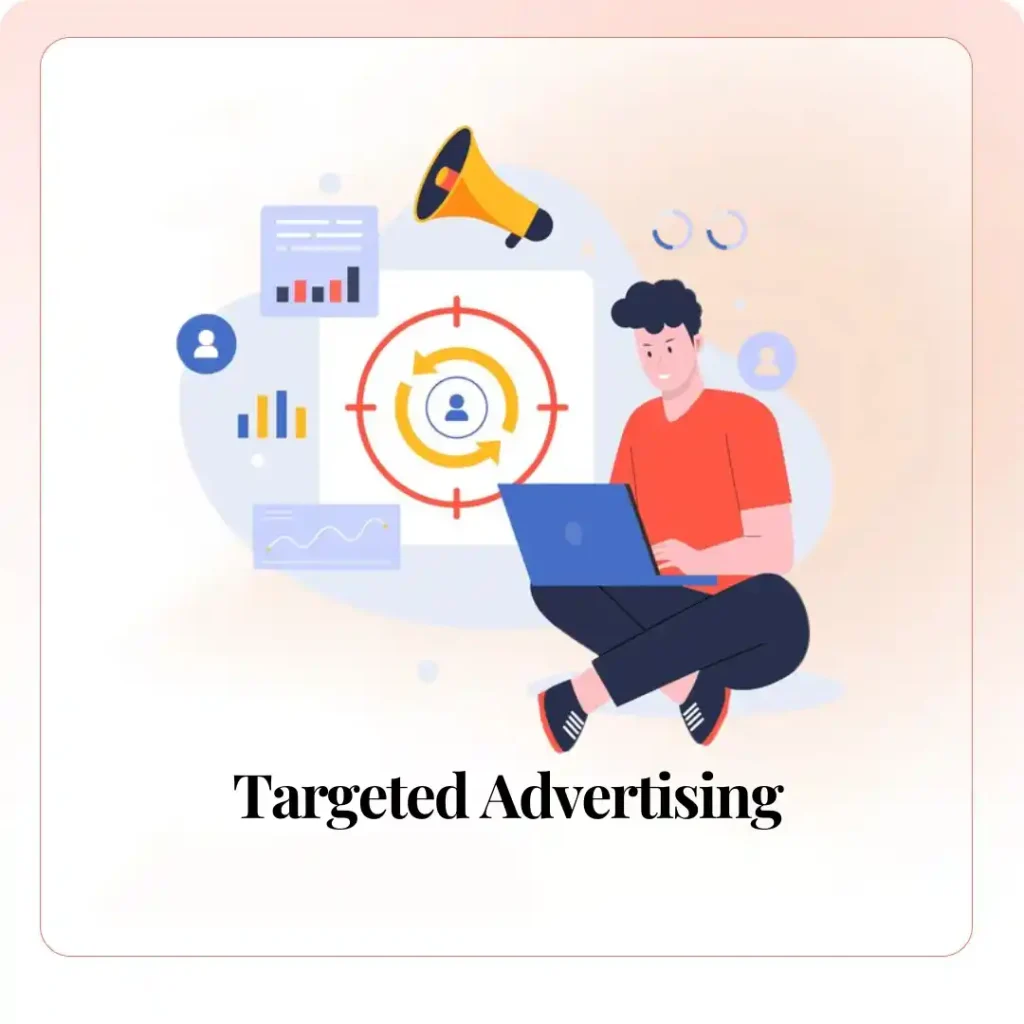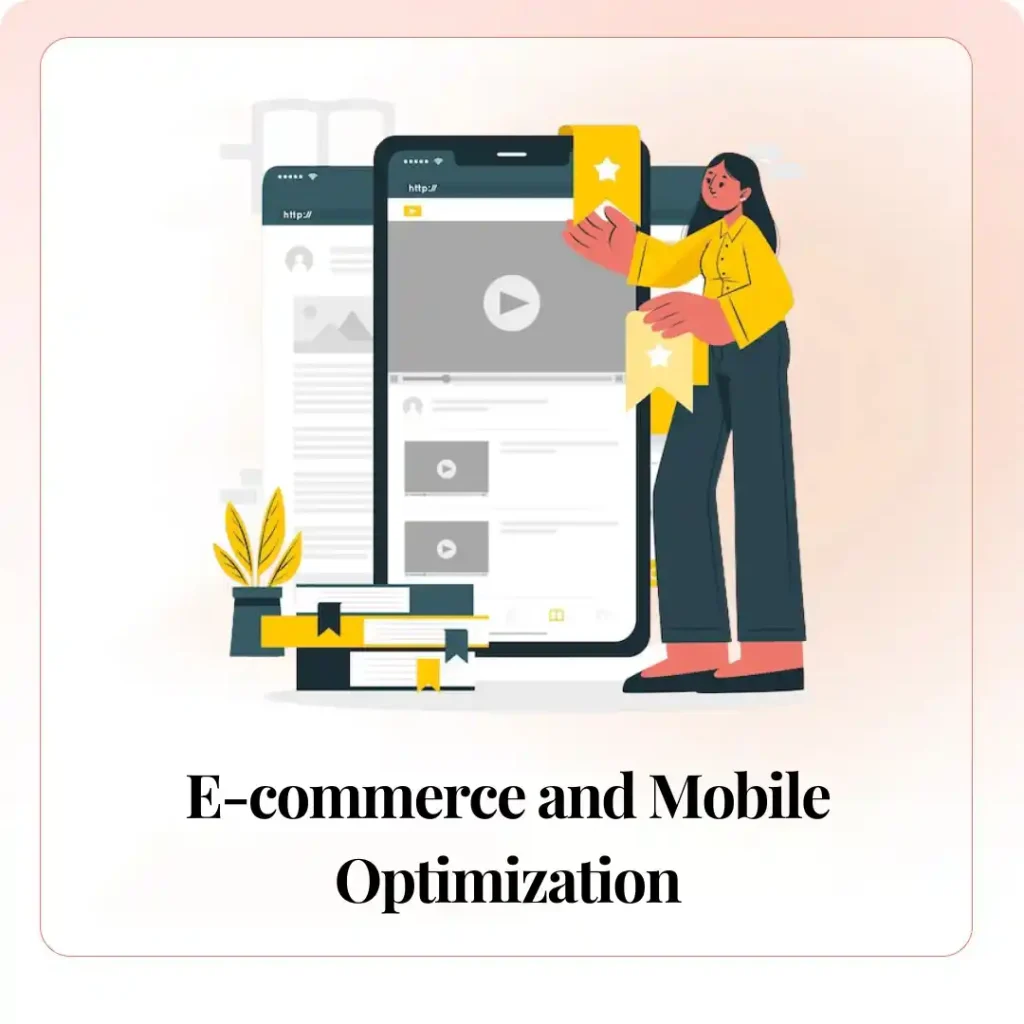The luxury goods industry has always been associated with exclusivity, superior quality, and a unique customer experience. However, with the digital age reshaping consumer behavior and expectations, even the most prestigious brands must adapt to remain relevant. Digital marketing has become an indispensable tool for luxury brands to engage with their discerning audience, maintain their brand prestige, and drive sales. At Osumare Marketing Solutions, we specialize in crafting bespoke digital strategies for luxury brands. In this blog, we explore the importance of digital marketing in the luxury goods industry.
Understanding the Luxury Market
Luxury brands are characterized by their premium pricing, superior quality, and aspirational appeal. Their target audience consists of affluent consumers who value exclusivity, craftsmanship, and a unique brand experience. The digital landscape offers luxury brands an unparalleled opportunity to reach and engage this audience effectively.
The Role of Digital Marketing in the Luxury Goods Industry
1. Enhancing Brand Awareness and Prestige
Digital marketing helps luxury brands enhance their brand awareness and maintain their prestigious image.
- High-Quality Content: Creating high-quality, visually stunning content is crucial for luxury brands. This includes professional photography, videos, and editorial content that reflect the brand’s sophistication and exclusivity.
- Influencer Collaborations: Partnering with high-profile influencers and celebrities can amplify brand reach and enhance prestige. Influencers can showcase the brand’s products in an aspirational context, attracting their affluent followers.
- Social Media Presence: Platforms like Instagram, Pinterest, and Facebook are ideal for showcasing luxury products. A carefully curated social media presence can attract a loyal following and boost brand awareness.

2. Personalized Customer Experience

Luxury consumers expect a personalized and exceptional shopping experience, both online and offline.
- Personalized Emails: Email marketing campaigns tailored to individual preferences and purchase history can enhance customer loyalty. Personalized recommendations, exclusive offers, and invitations to private events can make customers feel valued.
- Chatbots and AI: Implementing chatbots and AI-driven customer service tools can provide instant, personalized assistance, enhancing the online shopping experience.
- Loyalty Programs: Exclusive loyalty programs that offer unique benefits and rewards can keep luxury customers engaged and encourage repeat purchases.
3. Storytelling and Content Marketing
Luxury brands thrive on compelling storytelling that highlights their heritage, craftsmanship, and unique value proposition.
- Brand Stories: Sharing the brand’s history, the story behind each product, and insights into the craftsmanship involved can captivate the audience. This content can be shared through blogs, social media posts, and video content.
- Influencer Storytelling: Collaborate with influencers to create authentic stories around the brand. Influencers can share their personal experiences with the brand, adding credibility and relatability.
- User-Generated Content: Encourage customers to share their experiences with the brand on social media. User-generated content adds authenticity and creates a community of brand advocates.

4. Targeted Advertising

Luxury brands need to reach their affluent target audience through precise and targeted advertising strategies.
- Programmatic Advertising: Use programmatic advertising to target high-net-worth individuals based on their online behavior and interests. This ensures that your ads reach the right audience at the right time.
- Social Media Ads: Platforms like Instagram and Facebook offer advanced targeting options to reach affluent consumers. Utilize visually appealing ads that highlight the exclusivity and luxury of your products.
- Retargeting Campaigns: Implement retargeting campaigns to reach potential customers who have shown interest in your brand but have not yet made a purchase. Retargeting can remind them of your brand and encourage them to complete their purchase.
5. E-commerce and Mobile Optimization

In the digital age, a seamless online shopping experience is essential for luxury brands.
- E-commerce Platform: Invest in a high-quality e-commerce platform that offers a smooth and secure shopping experience. Ensure that the platform is visually appealing and reflects the brand’s luxury image.
- Mobile Optimization: Optimize your website for mobile devices to cater to the increasing number of mobile shoppers. A mobile-friendly website can enhance user experience and drive conversions.
- Augmented Reality (AR): Implement AR features that allow customers to visualize products in real-time. AR can enhance the online shopping experience and reduce the hesitation of purchasing high-end products online.
6. Data-Driven Insights
Data-driven marketing strategies can help luxury brands understand their audience and tailor their campaigns accordingly.
- Customer Insights: Use data analytics tools to gather insights into customer behavior, preferences, and purchase history. This data can inform personalized marketing campaigns and product recommendations.
- Market Trends: Analyze market trends and consumer sentiment to stay ahead of the competition. Understanding emerging trends can help brands adapt their strategies and offerings to meet evolving customer expectations.
- Performance Metrics: Monitor the performance of your digital marketing campaigns using key metrics such as engagement, conversion rates, and ROI. Continuous analysis and optimization can enhance the effectiveness of your campaigns.

7. Sustainability and Social Responsibility

Modern luxury consumers value sustainability and social responsibility. Digital marketing can help brands communicate their commitment to these values.
- Sustainable Practices: Highlight your brand’s sustainable practices and initiatives through digital channels. This can include sourcing materials ethically, reducing carbon footprint, and supporting social causes.
- Transparency: Be transparent about your brand’s efforts to promote sustainability and social responsibility. Authentic communication can build trust and loyalty among conscious consumers.
- Cause Marketing: Partner with charitable organizations and promote cause-related marketing campaigns. Aligning with a cause that resonates with your audience can enhance brand image and foster positive associations.
Conclusion
Digital marketing is essential for luxury brands to remain competitive and relevant in the digital age. By leveraging high-quality content, personalized experiences, compelling storytelling, targeted advertising, optimized e-commerce platforms, data-driven insights, and a commitment to sustainability, luxury brands can engage their affluent audience and drive sales.
At Osumare Marketing Solutions, we specialize in creating bespoke digital marketing strategies tailored to the unique needs of luxury brands. Whether you are looking to enhance your online presence, engage with your audience, or drive sales through digital channels, our team of experts is here to help. Visit our website at Osumare Marketing Solutions to learn more about our services and how we can support your digital marketing efforts.
Incorporating digital marketing into your overall strategy ensures that your luxury brand remains aspirational, relevant, and ready to meet the demands of today’s discerning consumers. Start leveraging the power of digital marketing today and watch your luxury brand thrive in the digital age.



